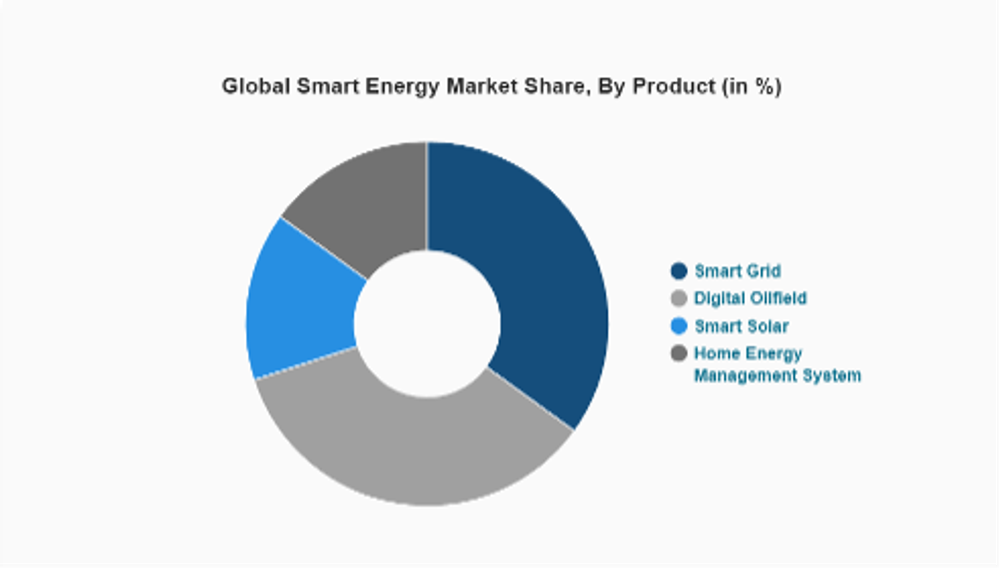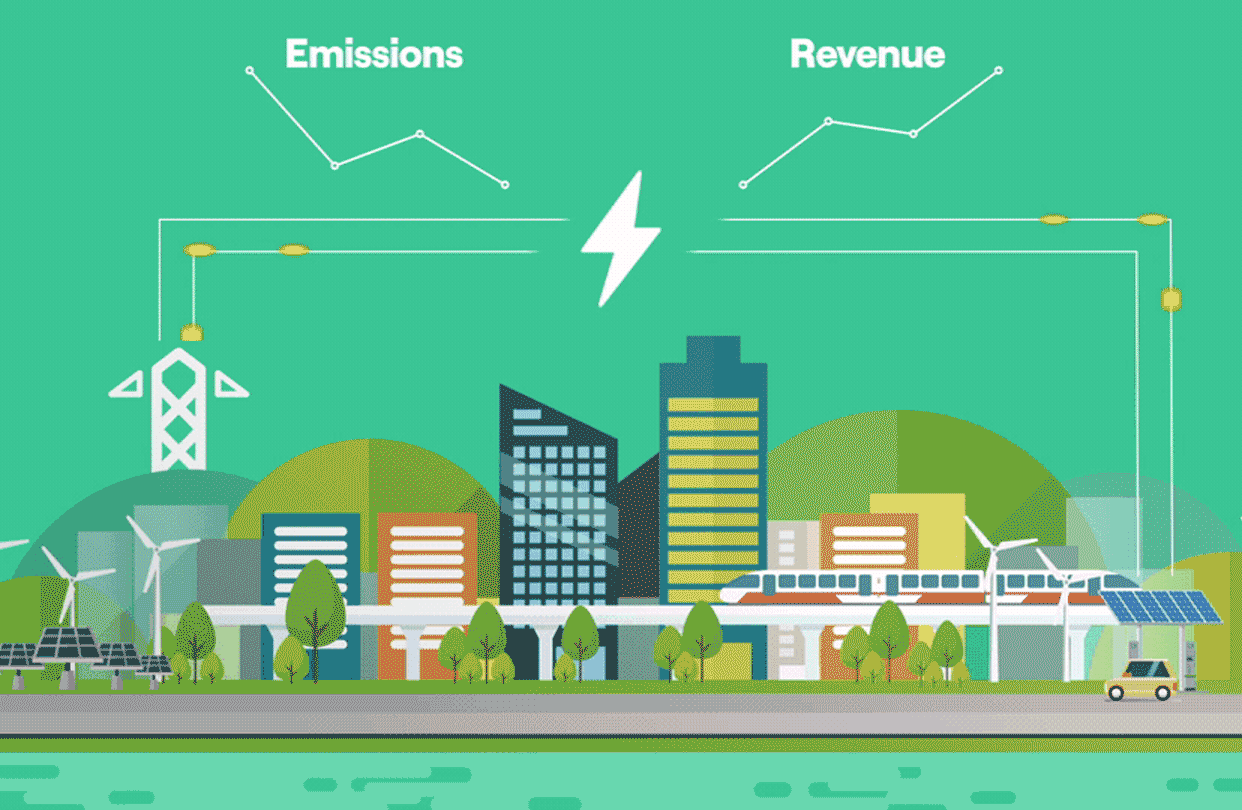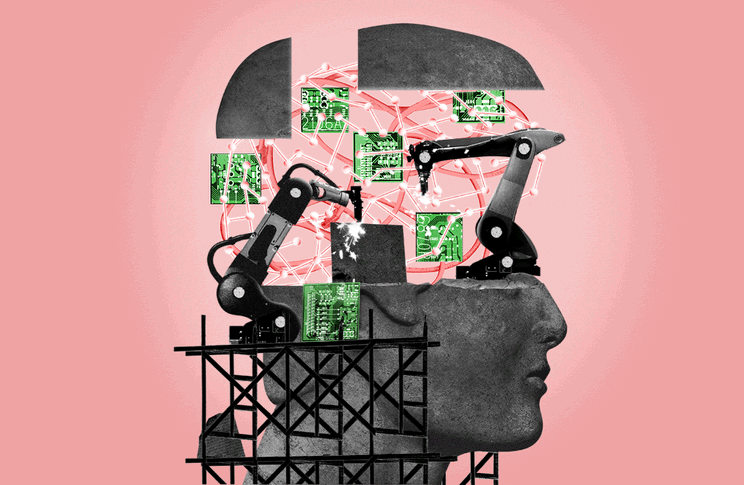- Smart Energy leverages advanced technologies to optimise energy production and consumption, enhancing efficiency, sustainability and reliability while reducing costs and bolstering energy security.
- Significant growth projections indicate a promising market opportunity, with the global Smart Energy market valued at US$160.8 billion and projected to reach US$395 billion by 2032.
- Investors can capitalise on this burgeoning market by engaging with industry leaders and innovative companies driving sector-wide innovation, thus positioning themselves for substantial returns while contributing to environmental sustainability and energy efficiency.
Overview of Smart Energy
Smart Energy systems harness advanced information and communication technologies to elevate the efficiency and sustainability of energy production and consumption. These systems integrate smart grids, renewable energy integration and electric vehicle charging networks to optimise energy usage, minimise waste and enhance the reliability and safety of energy supply. The significance of Smart Energy extends beyond its environmental benefits, encompassing economic advantages such as reduced energy costs and bolstered energy security.
Evolution and Impact of Smart Energy
The genesis of Smart Energy dates back to the late 20th century, initially concentrating on automating and digitising the power grid. Over time, it has evolved to encompass an array of innovative technologies revolutionising energy production, transmissions and utilisation. For example, the cost of solar photovoltaics has drastically plummeted from several US dollars per kilowatt-hour in the early 21st century to less than US$0.03 today, making solar energy one of the most competitive sources available [1]. This reduction in cost, coupled with advancements in energy storage, has propelled the adoption of Smart Energy solutions.
Policies have also played a pivotal role. Initiatives such as China’s “13th Five-Year Plan,” which aimed to achieve specific installed capacity targets for wind and solar energy, have spurred rapid growth in renewable energy [2]. Similarly, Germany’s Renewable Energy Act has effectively facilitated the large-scale deployment of renewable technologies [3].

The Current Landscape and Future Prospects
Presently, the global Smart Energy market is valued at US$160.8 billion and is anticipated to surge to US$395 billion by 2032. This growth trajectory is propelled by the proliferation of green building initiatives and advancements in power distribution technologies [4]. Key applications of Smart Energy include smart grids enabling real-time data analysis and enhanced demand response capabilities, as well as IoT-based systems optimising energy usage across diverse sectors.

Despite notable advancements, the sector confronts challenges such as technology interoperability and consumer awareness. Addressing these challenges necessitates global cooperation, continuous innovation and educational initiatives to enhance public understanding of the benefits of Smart Energy solutions [5].
The Role of Industry Leaders
Leading companies like Neuron Digital Group, Anjie IoT and CLP Group are spearheading the Smart Energy sector by integrating innovative technologies into their products and services [6-8]. Neuron Digital Group specialises in cutting-edge Smart Buildings solutions that monitor energy usage, improve efficiency, support predictive maintenance and track carbon emissions. Anjie IoT focuses on energy management systems employing AI to optimise energy consumption, particularly in urban settings. Meanwhile, CLP Group invests in renewable energy projects and new technologies to enhance energy distribution efficiency and promote sustainable solutions across the Asia-Pacific region. Their endeavours, bolstered by supportive government policies and technological advancements, lay the foundation for further growth and acceptance of Smart Energy technologies.
Investing in Smart Energy: Opportunities and Benefits
Investing in Smart Energy offers substantial economic and environmental benefits. Technological advances, particularly in AI and big data, are poised to further enhance energy efficiency and management. These technologies facilitate predicting energy demand and optimising distribution, rendering the smart grid more adaptable and efficient.
As the sector evolves, emerging areas such as expanded renewable energy integration, widespread deployment of electric vehicle charging infrastructure and advancements in energy storage technology are expected to play pivotal roles. These developments not only reshape the energy landscape but also create significant investment opportunities.

Conclusion: A Call to Action for Future Investments
The trajectory of Smart Energy underscores its vast potential and strategic importance in transitioning to a sustainable energy future. Companies like Neuron Digital Group, Anjie IoT and CLP Group exemplify strategic investment and cooperation driving sector-wide innovation and market expansion. Their collective success underscores that Smart Energy is not merely a trend but a transformative force in global energy markets, promising substantial returns on investment while advancing environmental sustainability.
In light of these prospects, Venturous Group invites more investors and partners to engage with the Smart Energy sector. By investing in and supporting this domain, stakeholders can propel the industry forward, maximising economic, social and environmental benefits for a sustainable future.
Resources
[1] Analysis: Clean energy was top driver of China’s economic growth in 2023 [2] Trends and Contradictions in China’s Renewable Energy Policy [3] Renewable Energy in China [4] Smart Energy Market (By Product: Smart grid, Digital Oilfield, Smart Solar, Home Energy Management System, Others; By End-User Industry: Residential, Industrial, Commercial) - Global Industry Analysis, Size, Share, Growth, Trends, Regional Outlook, and Forecast 2023-2032 [5] Smart Energy Market Report by Component (Hardware and Equipment, Solution and Service), Product (Smart Grid, Digital Oilfield, Smart Solar, Home Energy Management System), End Use Sector (Residential, Industrial, Commercial), and Region 2024-2032 [6] Neuron Digital Group [7] Anjie IoT [8] CLP Group







